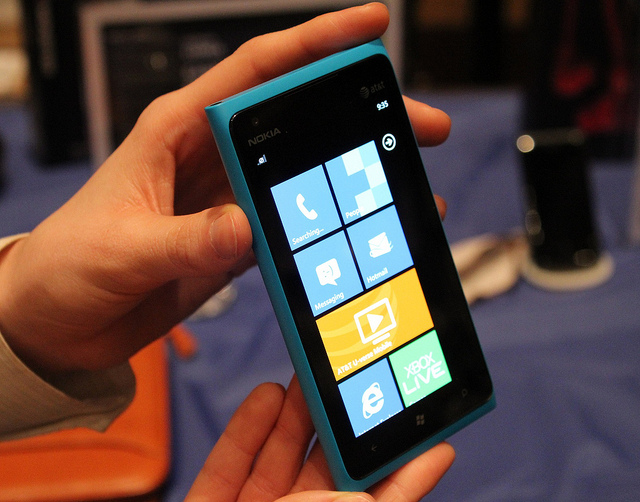
What does Microsoft have to prove with Windows Phone 8? In short, quite a bit.
Microsoft is kicking off its Windows Phone Developer Summit today in San Francisco, where the company says it will reveal the “future of Windows Phone.” Microsoft is expected to finally unveil the details on its next major mobile OS version, Windows Phone 8, which also goes by the codename Apollo.
I initially expected the Windows Phone Dev Summit to be a low-key affair. After all, Microsoft’s developer events have never rivaled the frenzy of Apple’s WWDC, and it’s also set a week before Google’s I/O developer conference.
But following the reveal of the Surface tablet earlier this week — which has placed Microsoft in a rare positive spotlight — the company all of a sudden has a lot more to prove.
We’ve been hearing about leaked Windows Phone 8 features for months now, including multi-core processor support, new screen resolutions, and an updated Zune client for Windows PCs (ZDNet’s Mary Jo Foley has a long list of other expected features). But all of those features seem incremental and fairly unexciting. More interesting to me are the things we haven’t heard a peep about — announcements big enough to potentially turn the tide for Windows Phone’s tiny market share.
Here’s what I’m hoping to learn about Windows Phone 8 today:
Old device support: One of the biggest questions running up to the Apollo launch is, which, if any, existing Windows Phones will be upgradeable to the new OS. Right now Microsoft is playing coy with upgrade details, but if the reports are true, the company will need to have a good reason for keeping Windows Phone 8 from modern Windows Phone devices like the Lumia 900.
Where are the developers, developers, developers?: How will Microsoft encourage developers to think of Windows Phone as more than just an afterthought? Early reports indicate that the company may make it easy for Windows 8 developers to bring their Metro apps to Windows Phone, but Microsoft still needs to do more to spark a healthy developer ecosystem.
What the heck is going on with Skype?: Microsoft bought Skype for a whopping $8.5 billion last year, but the fruits of that union have yet to appear. It took forever for a Skype app to finally land on Windows Phone, and the Skype desktop apps haven’t seen major updates (though the Mac Skype app got a worthwhile facelift). We’re hearing that Microsoft is planning a revamped Skype app for Apollo, but it won’t actually be integrated into the OS.
VentureBeat’s Jolie O’Dell will be on the ground at the Windows Phone Developer Summit, so check back for more details throughout the day. You can view the event streaming at Microsoft’s Channel 9 starting at 9 am PST.
Lumia 900 Windows Phone 7 photo: Sean Ludwig/VentureBeat
Design is determining the winners in everything mobile. The most successful players are focusing on one thing: How to make products, services, and devices as compelling and delightful as possible – visually, and experientially. MobileBeat 2012, July 10-11 in San Francisco , is assembling the most elite minds to debate how UI/UX is transforming every aspect of the mobile economy, and where the opportunities lie. Register here.

